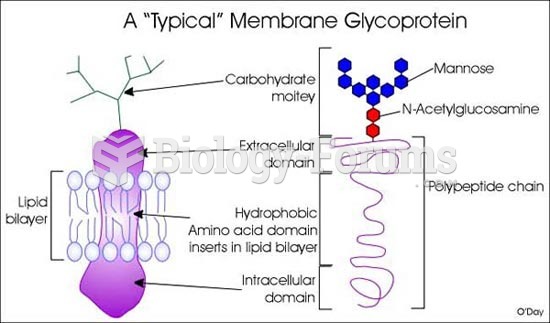- Grade 11 and 12 Mathematics (Moderator: geoffrey)
This topic contains a solution. Click here to go to the answer
|
|
|
- Grade 11 and 12 Mathematics (Moderator: geoffrey)
Did you know?
In the United States, there is a birth every 8 seconds, according to the U.S. Census Bureau's Population Clock.
Did you know?
Asthma cases in Americans are about 75% higher today than they were in 1980.
Did you know?
Asthma occurs in one in 11 children and in one in 12 adults. African Americans and Latinos have a higher risk for developing asthma than other groups.
Did you know?
According to animal studies, the typical American diet is damaging to the liver and may result in allergies, low energy, digestive problems, and a lack of ability to detoxify harmful substances.
Did you know?
As of mid-2016, 18.2 million people were receiving advanced retroviral therapy (ART) worldwide. This represents between 43–50% of the 34–39.8 million people living with HIV.







